

0%


Three philosophical lectures delivered at the Moscow State University Science Festival in the Shuvalov Building.
October 6. Anna Anatolyevna Kostikova "The symbol of the Ocean in modern philosophy": "Modern philosophy, inheriting, among other things, Nietzschean perspectivism and its subtle philological flair, actively uses symbolic strategies to represent key concepts. Rejecting classical ontological questions, modern philosophy nevertheless needs to point out the basicity and infinity of the subject. This applies to the understanding of nature, and ideas about human consciousness, and the depth of experiences, and the richness of thought. The metaphor of the ocean is actively involved in modern philosophical discourse."
October 7. Evgeny Vladimirovich Loginov "The Ocean of Being": from the Classical Era to English Empiricism": "Our modern culture emerged in a New time, when the foundations of natural sciences, technology and political culture appeared. Their emergence was not instantaneous, but was a series of complex historical transformations. One of the ways to study such transformations is to analyze the evolution of significant metaphors that people use to describe the world and its cognition. At the lecture, we will take one specific metaphor of the English philosopher of the XVII century John Locke, the metaphor of the "Ocean of Being", and analyze how Locke uses this expression, and how it radically differs from how this metaphor functioned in Britain before Locke, in the Middle Ages and in Antiquity. We will see how Locke began to use this traditionally theological image as a metaphor for natural science cognition."
October 8. Anton Viktorovich Kuznetsov "Sparks of Freedom and Neuroscience": "Freedom of will is an important component of our self-image. This is what distinguishes us from stones, tables and chairs. Human activity is not only guided by physical laws, but also by motives, desires, wills, decisions, behind which there is an agent or I who rejects or accepts this or that action at will. But what if it's not? Modern research in neuroscience shows that even before decisions are made, desires appear in the brain, physiological activity occurs that determines which decision will be made, which desire will appear. Are we the puppets of our brain? And then what about free will, how does a person differ from a stone in this case? It turns out that the kingdom of freedom is negligible? This lecture will be devoted to these issues."